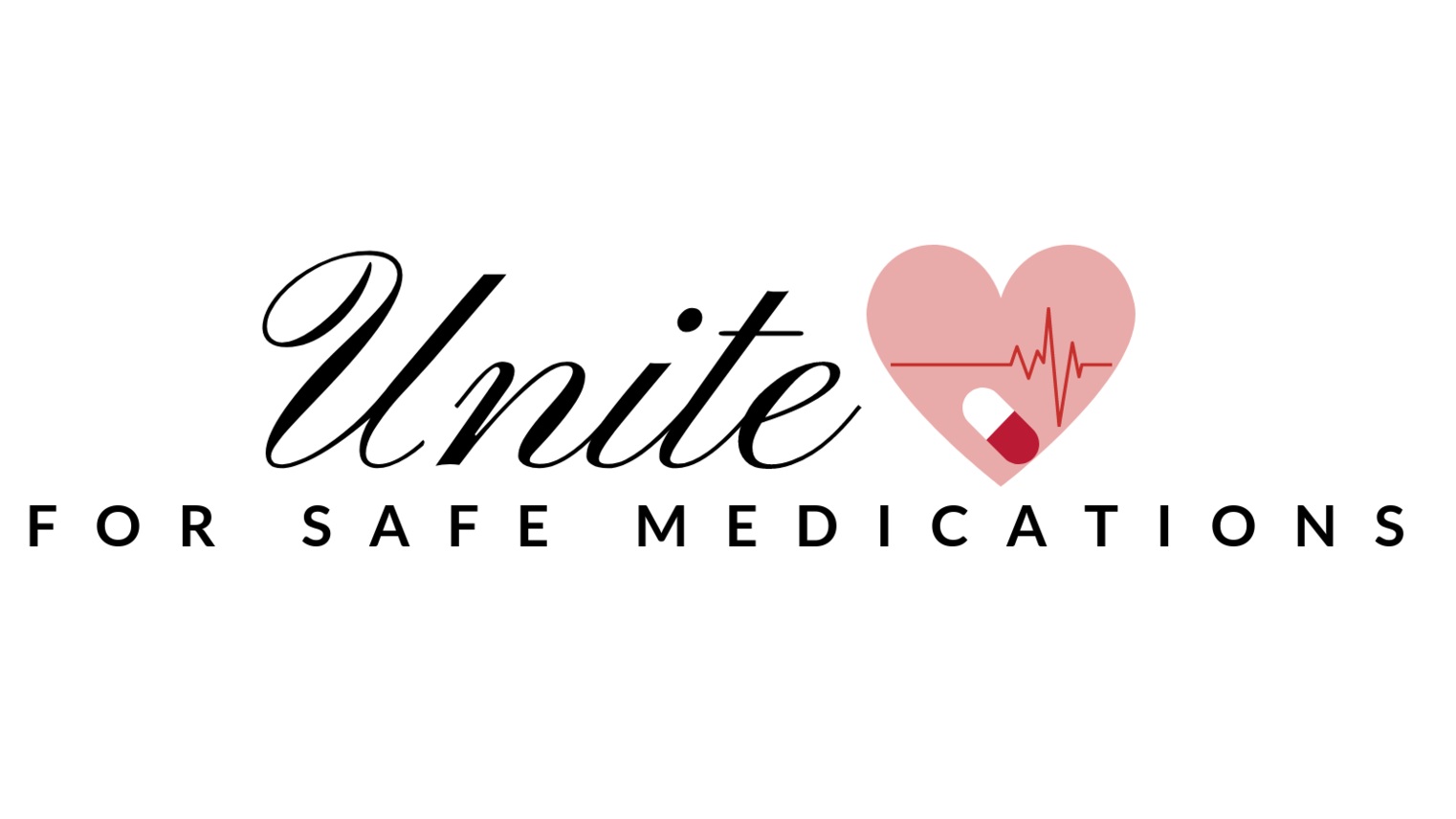Forced Mail-order and Corporate Retail Pharmacy Puts Lives At Risk
Another article by the NY Times revealed the issues of corporate retail pharmacy. The report specifically discussed a recent fine placed upon CVS for failing to adequately staff their pharmacies, which per a State Board of Pharmacy’s decision led to pharmacists making errors.
The article highlighted that the fine placed at a corporate level is a rare occurrence. Why rare? Many State Boards of Pharmacy have members who are from the corporate chains and mail-order pharmacies. From my experience and the experience of other patients and pharmacists, the actions by the State Boards of Pharmacy unsurprisingly and frequently protects the profits of corporations over patient safety.
Often when errors occur, the pharmacists are fined; the patient pays the consequence of being harmed. At the same time, the corporation who understaffs and forces pharmacists to meet unrealistic metrics is left without any consequences to their actions. In fact, in this case of CVS, the CEO is left swimming in 36.5 million dollars of yearly compensation and many patients who have been harmed by these pharmacies are still forced to use the very pharmacy that risked their life or their child's life as the only option for coverage of life-saving medications.
The profit-driven CEOs of these corporations have been called out by many pharmacy associations across our nation. Most notably. In a recent podcast, CVS's CEO Larry Merlo is called "an evil genius" and compared to Martin Shkreli, who has price gouged on medications. Due to the vertical mergers of insurance companies, retail and mail-order pharmacies, I would go even further to say that Larry Merlo's impact and destruction of our pharmaceutical care and healthcare is on a much larger scale than Martin Shkreli's.
CVS has merged. The merger includes the following:
Aetna - an insurance company
CVS Specialty Pharmacy - mail-order pharmacies
CVS Caremark - a pharmacy benefits manager
CVS retail pharmacies
Due to the mergers and unbridled greed, CVS is spending millions of dollars in lobbying elected officials and putting other pharmacies out of business by forcing steering to CVS's owned pharmacies, placing unethical fees on their competition, and by reimbursing their competitors below costs for many medications.
Sadly, this is where the drastic decline in pharmaceutical care is worded best by Judge Leon, who referred to the CVS Aetna merger as a "freight train out of control." The vertical mergers are a freight train out of control with many patients and our local trusted pharmacies on the tracks. Our physicians are next with the purchasing of minute clinics filled with nurse practitioners. Per Becker Hospital Review, United Healthcare is now the "largest individual employer of physicians in the US." Now that little has been done to stop the mergers, our only hope for stopping the train that is harming patients and our pharmaceutical care is through a drastic change.
With the elimination of the patient's choice of pharmacy and the ability for these large corporations to influence and use a faulty value-based system to their advantage, patients are harmed.
Our family's story is a perfect example. We were forced to CVS's mail-order pharmacy and away from our trusted pharmacy. We were forced to take over 100 risks with our child’s life-saving medications that were nonexistent when we were able to use our trusted hospital pharmacy. We had to find out the hard way that the FDA doesn’t regulate mail-order pharmacy. Since the temperature of medications by mail-order pharmacies is left unmonitored and unregulated, CVS ships most medications in only bags far outside the manufacturer’s proven safe temperature ranges as trucks and mailboxes can reach temperatures of over 120 degrees. The quality and integrity of medications is not a value measured in our so-called current value-based system. What good is a medication that arrives less potent, becomes toxic, or completely loses its efficacy? Our State Boards of Pharmacy made up of members from the same corporations, refuse to regulate themselves.
As caregivers and patients, we know the value of the quality of our local trusted pharmacy or using another mail-order pharmacy outside of the pharmacy that their insurance company owned pharmacy. The ability to define this value has been stripped from patients' hands and hijacked by corporations.
At this point, our employers, government officials, and regulatory boards are not upholding real value. Instead, they prioritize unlimited corporate and shareholder profits by supporting the corporate definition of care, which equates to how well pharmacists can check the boxes rapidly on a list of deceptive metrics instead of providing genuine patient care.
Thus, the freight train will continue to charge over taxpayers, physicians, patients, independent pharmacists, and corporate pharmacy staff until our regulators and representatives apply the brakes. In the meantime, pharmaceutical care and healthcare will continue to decline rapidly.
